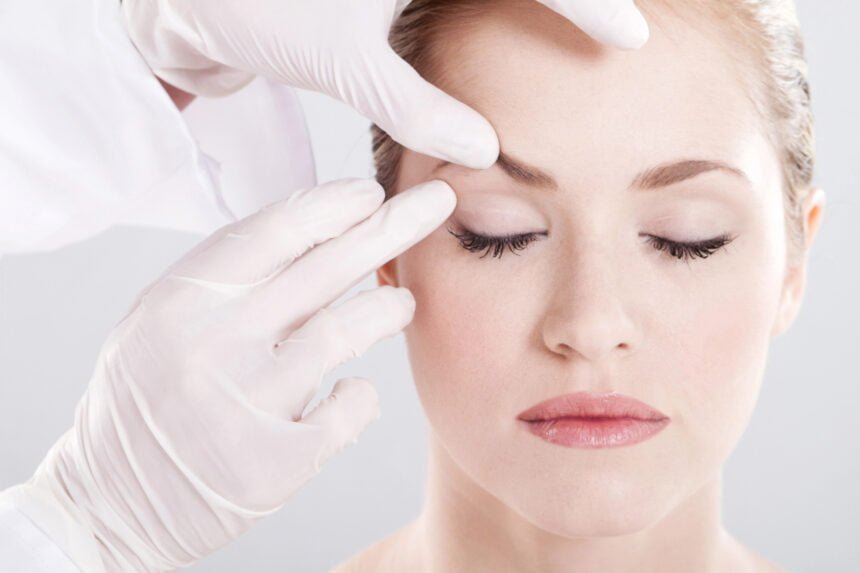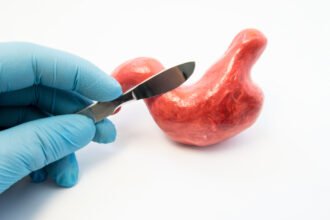Having cosmetic surgery is a big choice and normally you need time for healing after the procedure. It’s very important to handle pain and uneasiness well, so that your recovery goes smoothly and gives best results. Look at these main methods to guide you through this stage and make your healing process comfortable.
Understanding Post-Surgery Pain
Pain after surgery is a regular part of healing and changes based on the kind and level of procedure. Normally, pain comes from the body’s natural reaction for recovering from surgical cuts and dealing with tissues. In initial days after operation you might see swelling, bruises and sore spots in impacted regions. Conversations about strategies for managing pain should happen in your pre-operative consultations with the surgeon. This is how you get a good understanding of what to anticipate and how to deal with it.
Utilizing Prescribed Pain Medications
The plastic surgeon might provide you with pain medications for relief after the surgery. These drugs are formulated to help lessen pain and swelling, they aid in your healing process. Be sure to follow what your surgeon has told you about how much and how frequently these should be taken, not exceeding the recommended amount. Drugs given on prescription, they are useful but sometimes make you sleepy or feel sick in the stomach. If you get these reactions after taking a medicine, tell your surgeon immediately to discuss other choices with them.
Employing Over-the-Counter Remedies
Besides the medicines mentioned, you could possibly get some relief from light pain and unease using non-prescription solutions. This might include nonsteroidal anti-inflammatory drugs (NSAIDs) like ibuprofen that assist in reducing pain and inflammation. However, it is crucial to consult your surgeon before taking any OTC medicines because they may react negatively with prescribed drugs or affect the process of healing. Follow the proposed dosage and do not combine multiple pain relief techniques without seeking advice from a professional.
Applying Cold and Heat Therapy
Cold and heat therapy are helpful for pain and swelling after surgery. In the first two days, using an ice pack or cold cloth on the area can lessen swelling and make it numb from pain. Always cover the ice pack with a fabric before putting it on your skin, and apply for 15 to 20 minutes each time with pauses in between. When the first swelling reduces, heat therapy could be good for calming tight muscles and reducing leftover discomfort. Use a warm cloth or heating pad, but don’t put heat straight on the area of surgery to avoid overheating.
Following Post-Operative Care Instructions
To make sure you have a good recovery, it is very important that you adhere to the after-operation care advice given by your surgeon. These instructions will include information on how to deal with pain, look after the surgical areas and create an environment for healing. If you follow these suggestions precisely they can aid in reducing discomfort and promoting faster healing. Additionally, attending all follow-up appointments at your plastic surgery clinic allows your surgeon to monitor your progress and address any concerns that may arise during your recovery.
Maintaining a Comfortable Resting Environment
Making a good resting space will help you deal with pain and uneasiness better. Set up the area where you are recovering, so that it has pillows to support your body in a pleasant position, lessening tension on the surgical place. Keep the space tidy, peaceful and well-ventilated for promoting calmness and sleepiness. Have your essentials closeby; for example, medications, water and snacks. This lessens the requirement to move around and lets you remain at ease.
Practicing Patience and Self-Care
Following cosmetic surgery, it is necessary to have patience and self-care. You should listen to your body and avoid doing things that might slow down recovery. Taking part in gentle activities along with relaxation methods such as deep breaths or meditation can assist in managing stress as well as improving feelings of healthiness. No worry, the pain and discomfort are only for a little while. It will go away soon, so take some extra time to look after yourself.
To deal with pain and uneasiness after surgery for appearance improvement, you should use good ways of reducing pain, follow the care instructions given to you, and make an encouraging setting. By doing these things, you can handle the healing process more smoothly while also getting best results from your operation.










